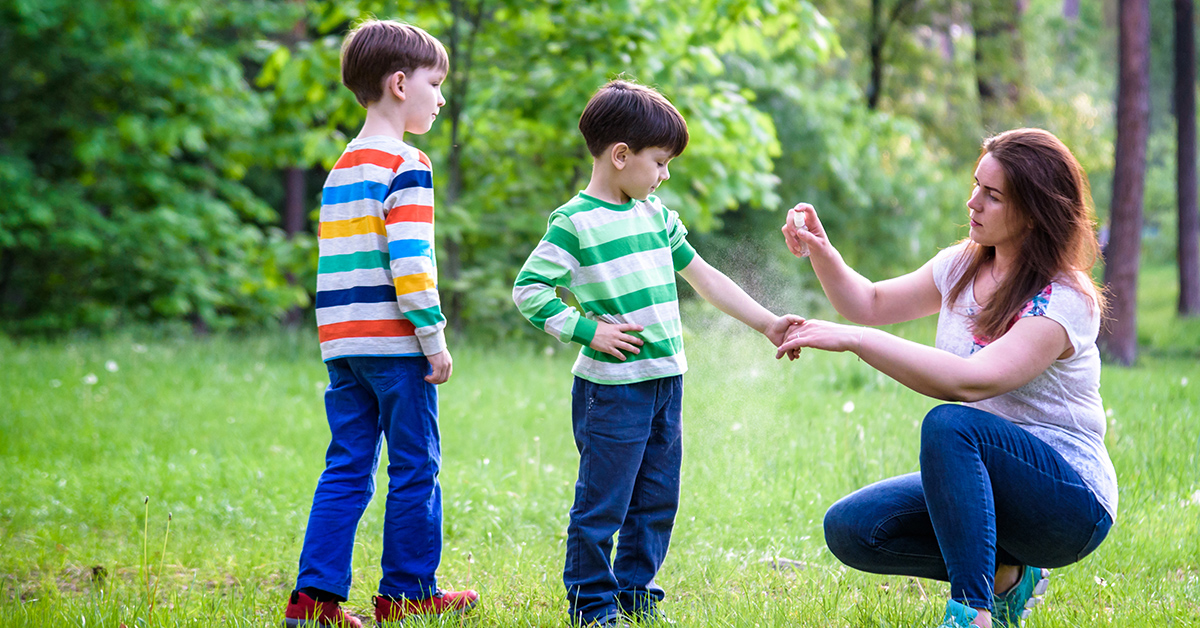When it comes to comparing baby blues vs. postpartum depression it is important to know how they are similar and how they are different.
The birth of a baby is a joyful and exciting time for many families. However, it’s also a period filled with significant changes and challenges, especially for new mothers.
Amidst the happiness and anticipation, some women may experience feelings of sadness, anxiety or mood swings beginning the days after delivery. While these emotions are relatively common, it’s crucial to differentiate between the temporary condition called the “baby blues” and the more serious mental health condition called postpartum depression (PPD).
What are baby blues?
Baby blues are a transient and mild condition that many new mothers experience within the first few days or weeks after childbirth. It’s estimated that up to 80 percent of new mothers experience baby blues to some extent. Symptoms typically include feeling sad, mood swings, irritability, tearfulness, anxiety and difficulty sleeping. These feelings are often caused by hormonal changes, lack of sleep, physical exhaustion and the overwhelming adjustments that come with caring for a newborn.
Baby blues usually peak around the fourth or fifth day after giving birth and typically resolve on their own within two weeks. Mothers experiencing baby blues may feel weepy one moment and perfectly fine the next. It’s important to note that baby blues do not interfere significantly with your ability to care for your baby or yourself. Also, the symptoms tend to diminish over a brief period of time without medical intervention.
What is postpartum depression?
On the other hand, postpartum depression (PPD) is a form of depression as well as a more severe and prolonged mood disorder that can develop anytime within the first year after childbirth, although it often begins within the first few weeks or months. Unlike baby blues, postpartum depression symptoms are more intense and persistent, significantly impacting a mother’s ability to function in her daily life and care for her baby.
Symptoms of postpartum depression may include:
- Persistent feelings of sadness, hopelessness or emptiness
- Severe mood swings or irritability
- Loss of interest or pleasure in activities once enjoyed
- Fatigue or loss of energy
- Changes in appetite or weight
- Difficulty sleeping or sleeping too much
- Trouble bonding with the baby
- Thoughts of harming oneself or the baby
- Difficulty concentrating or making decisions
Postpartum depression is a serious mental health condition that requires prompt attention and proper intervention. If you do not treat postpartum depression, it can have significant consequences for both you and your baby, affecting bonding, caregiving and the overall well-being of your family.
Are there risk factors for baby blues and postpartum depression?
Yes, there are risk factors associated with both these conditions. Therefore, you and your family will want to take extra time monitoring your mental health postpartum if you have any of them.
One of the main risk factors for baby blues and postpartum depression is if you have a personal history of depression or anxiety prior to pregnancy and childbirth. Additionally, having a family history of mental illness or depression is something to consider as well.
Other factors are more environmental and include things such as financial or employment problems, lack of social support, having a challenging baby who cries more as well as having a baby with special needs.
It’s essential for new mothers to recognize baby blues vs. postpartum depression so they can seek help if needed.
While the baby blues usually resolve on its own, postpartum depression requires professional intervention, such as therapy, medication or a combination of both.
Seeking support from health care providers, family members and friends can also be beneficial for mothers experiencing postpartum depression. Support groups, both in-person and online, provide a safe space for mothers to connect with others who may be experiencing similar challenges and to receive encouragement and guidance.
Additionally, partners, family members and friends play a crucial role in supporting a mother with postpartum depression by offering practical help with childcare, household tasks and emotional support. Encouraging the mother to seek professional help and reassuring her that she is not alone in her struggles can make a significant difference in her recovery journey.
So, while feelings of sadness, anxiety and mood swings are common after childbirth, it’s important to distinguish between the temporary condition known as baby blues and the more serious mental health condition known as postpartum depression.
Now you know about baby blues vs. postpartum depression. And if you or a loved one needs to talk to someone about suicide right away, dial 988 to reach the national suicide and crisis lifeline.
Learn about the mental health and maternity care services we provide at Bon Secours.





